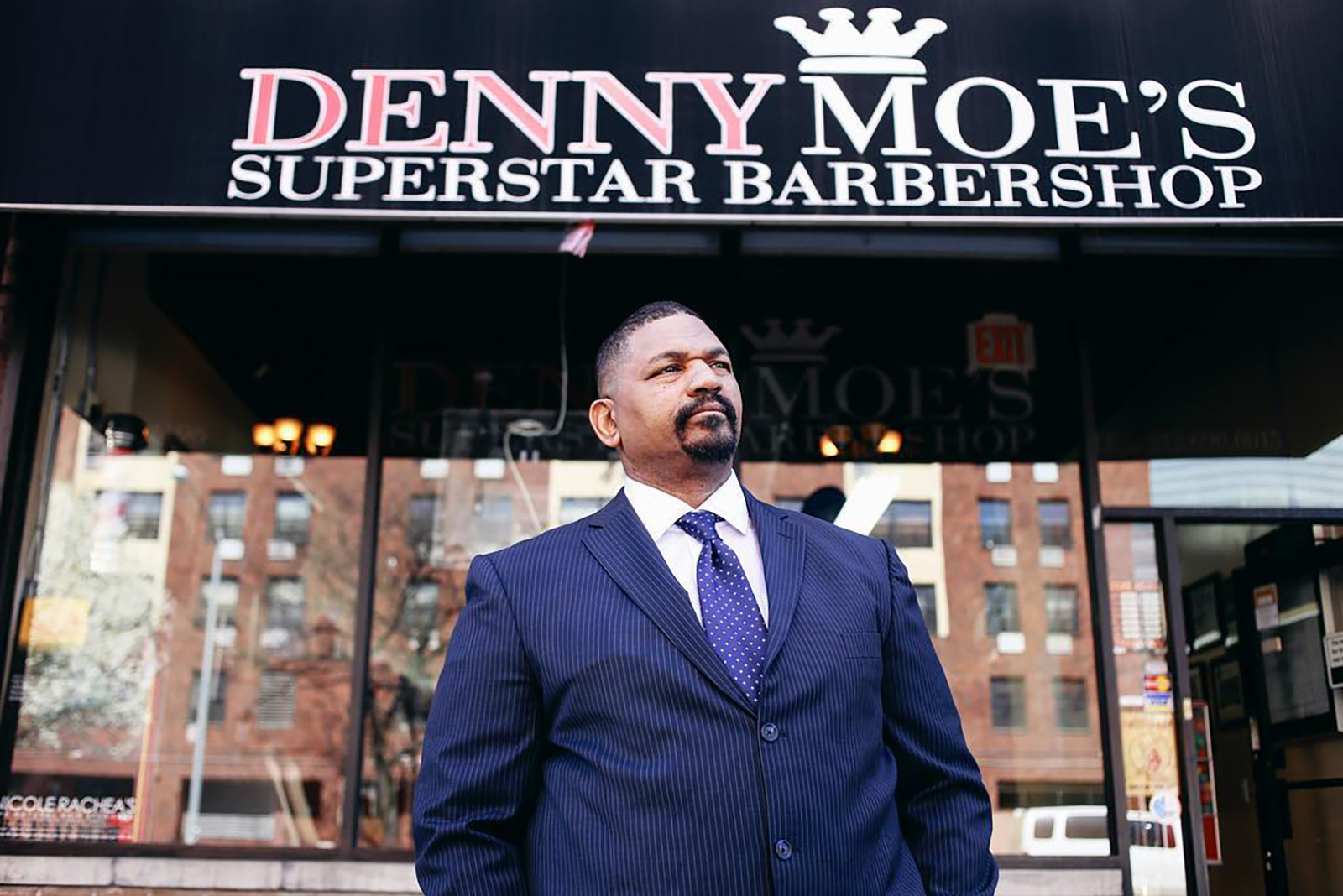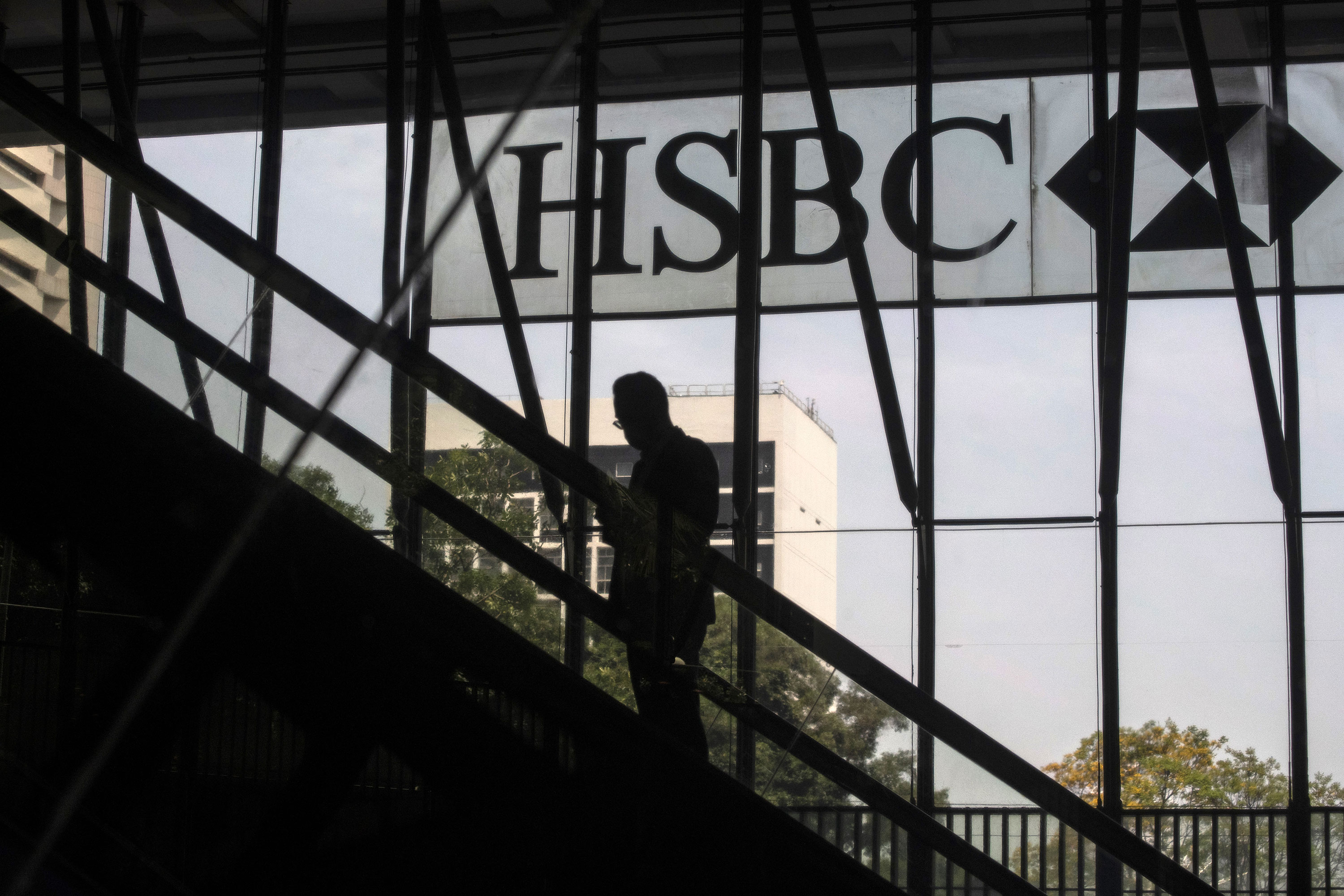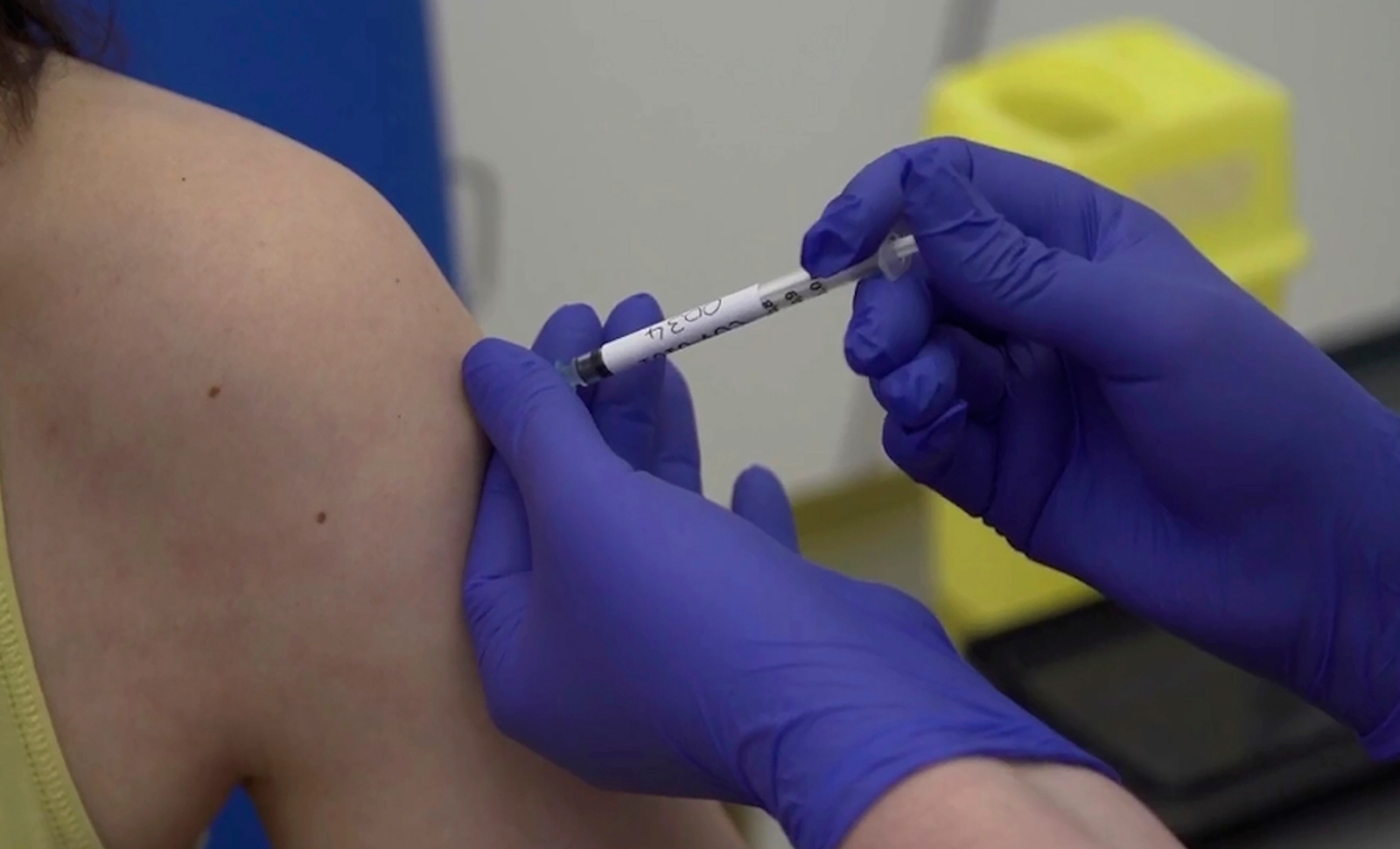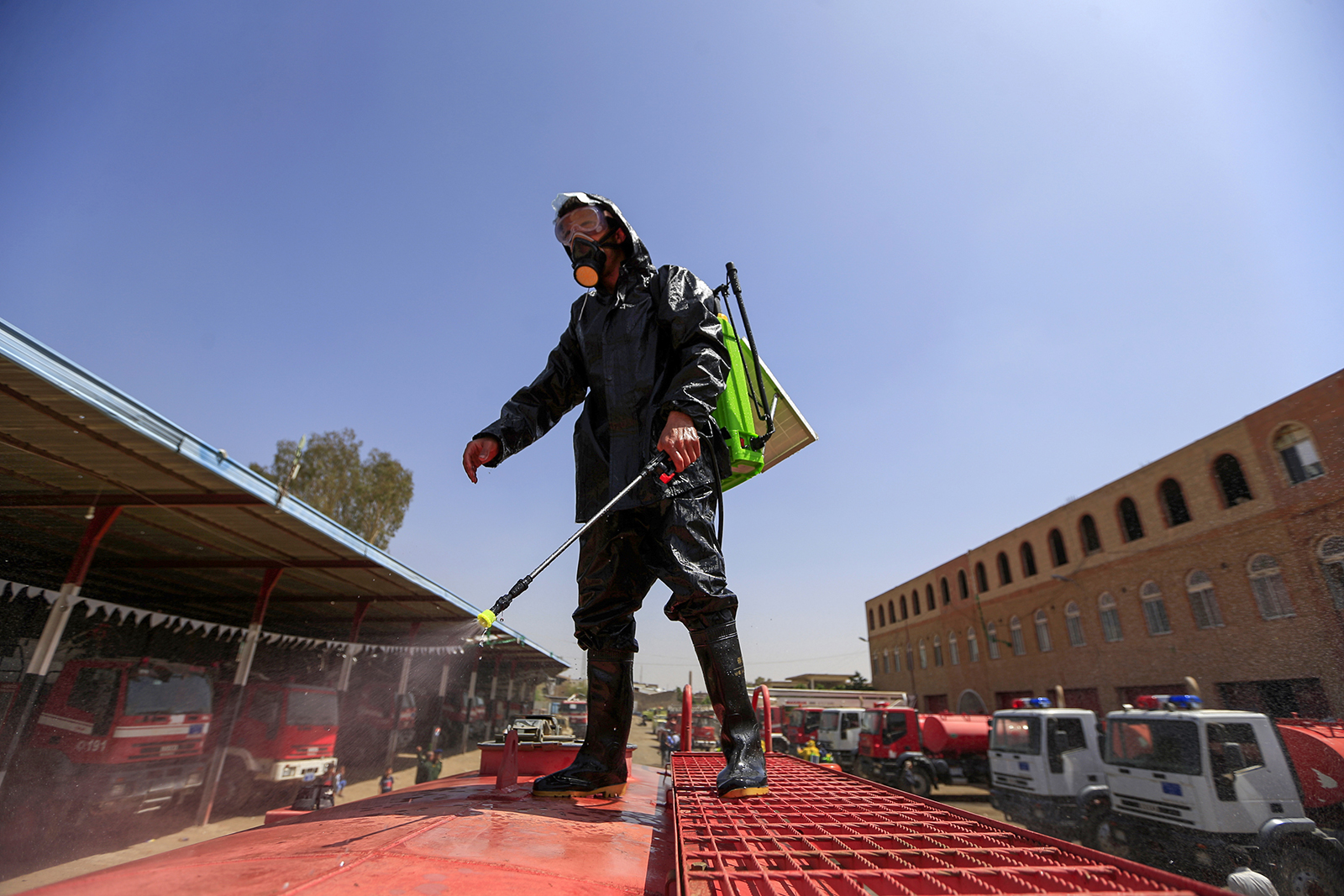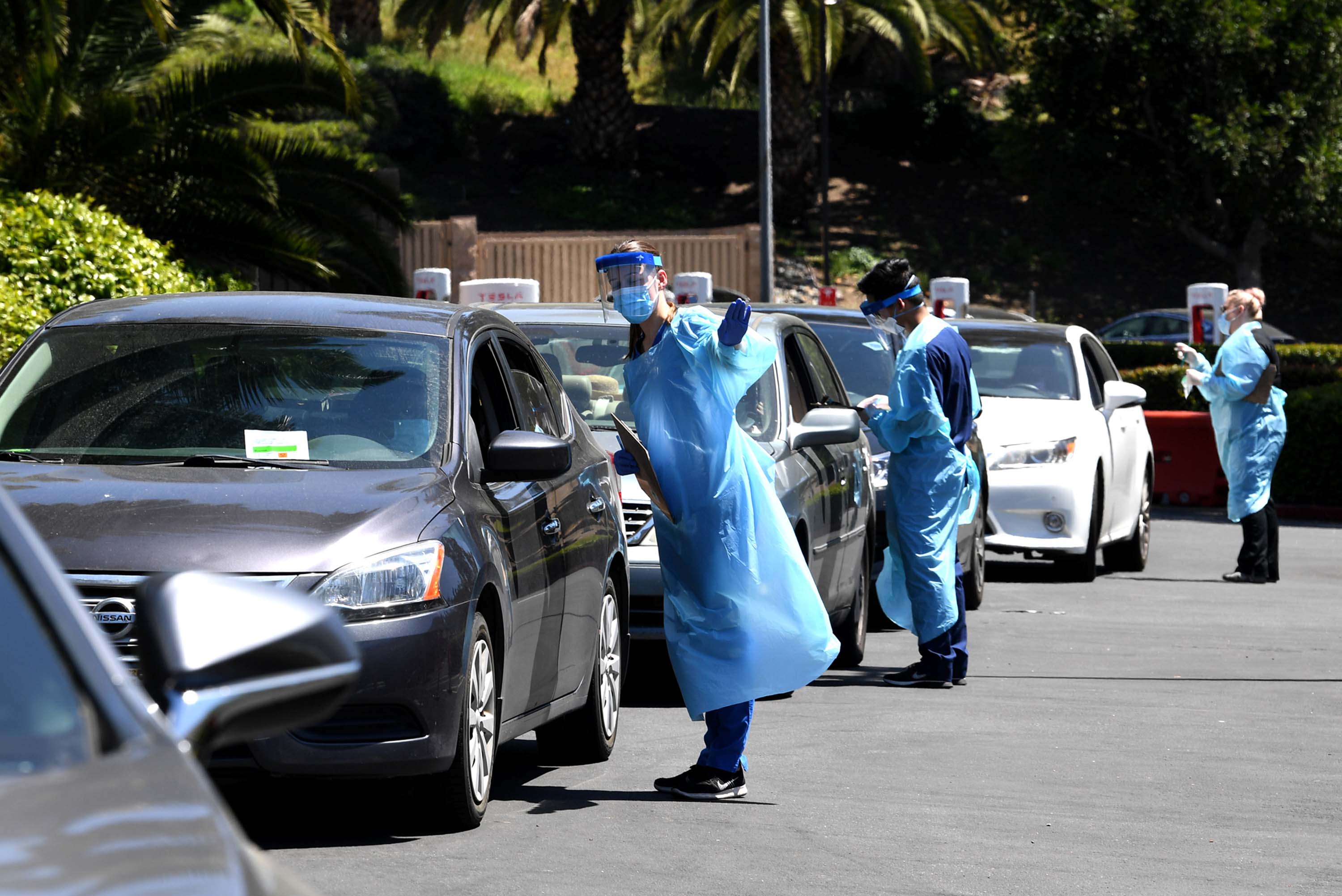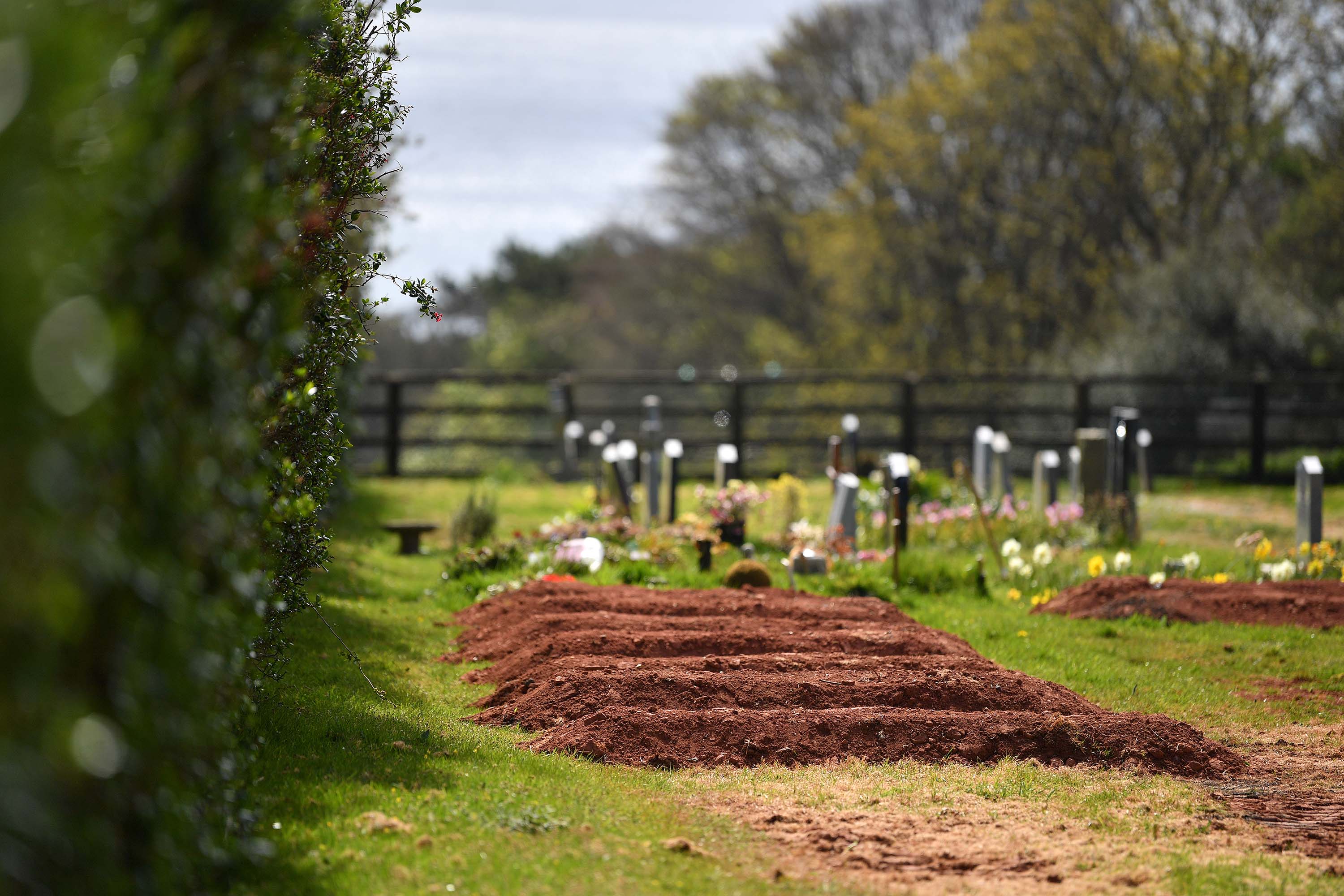Spain lost thousands of jobs in the first quarter of the year, most of them in March, when rapidly increasing coronavirus infections prompted the government to declare a nationwide state of emergency and lockdown on March 14 that brought most businesses to an abrupt standstill.
The country’s active workforce shrank by 285,600 people in the first quarter, Spain’s National Statistics Institute reported on Tuesday. The unemployment rate rose to 14.4%, up from 13.8% in the fourth quarter of 2019.
The number of newly jobless was listed at just 121,000. But the Statistics Institute said "inactive" workers increased by 257,000 in the first quarter and "it's probable that many workers who lost their jobs were listed as 'inactive'" rather than unemployed.
The government-imposed lockdown affected only the final two weeks of the quarter, and the lockdown has been extended until May 9, suggesting job losses could increase further when data for the second quarter is released this summer.
The Statistics Institute said the jobless figures also don't show workers who are on a "temporary" layoff of up to three months on a government-backed benefit program, collecting up to 80% of their salaries.
The Socialist government has said repeatedly that it wants to avoid the mistakes of the 2008 financial crisis, which hit Spain hard. It has ordered that companies cannot use coronavirus as an excuse to fire workers.
But it's unclear when Spain's tourism sector, accounting for 12.3% of GDP and 12.7% of employment according to the Statistics Institute, will be able to re-open for business.



